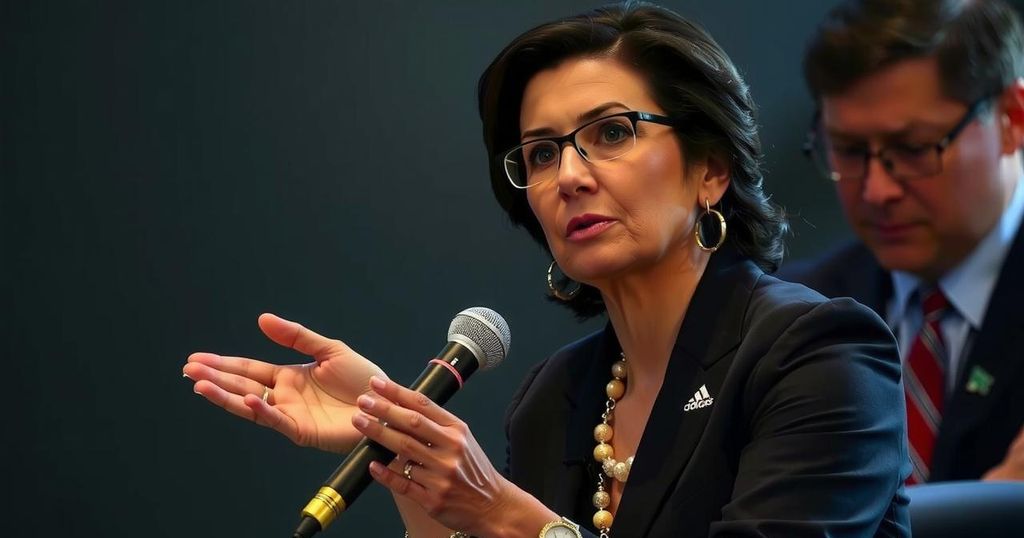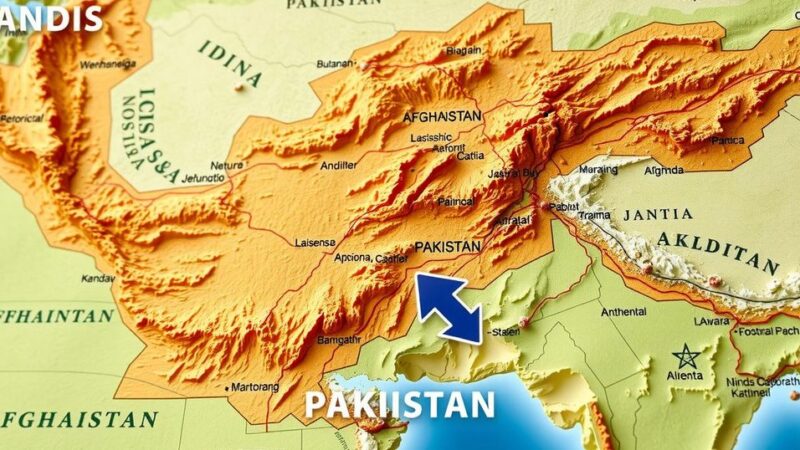Tulsi Gabbard’s nomination as director of national intelligence faces scrutiny due to her controversial views on Syria and Russia. Critics express concerns about the potential negative impact on U.S. intelligence cooperation with allies. Her nomination must navigate significant political questions during the Senate confirmation process.
Tulsi Gabbard, a former congresswoman and current nominee for Director of National Intelligence (DNI) under President Donald Trump, is facing scrutiny over her past foreign policy positions and controversial meetings. Her 2017 meeting with Syrian President Bashar al-Assad and her subsequent statements questioning U.S. intelligence regarding Syria and Russia’s invasion of Ukraine have raised concerns about her suitability for overseeing America’s spy agencies. Critics argue that her anti-war stance and perceived alignment with Kremlin narratives could jeopardize U.S. intelligence cooperation with allies. Gabbard has defended her views, labeling opponents as “warmongers” and asserting that her military service equips her for the role. Despite defending her candidacy, significant doubts remain regarding her potential impact on the intelligence community’s relationships with foreign counterparts.
The appointment of a DNI involves significant responsibilities, including overseeing the intelligence community and advising the President on national security issues. Tulsi Gabbard’s nomination has drawn attention due to her previous opposition to U.S. military interventions and her critical statements about the intelligence assessments related to Syria. Past diplomatic relations and trust between the U.S. and its allies could be affected if Gabbard’s views diverge significantly from established U.S. foreign policy. Additionally, domestic reactions from both political parties add complexity to her confirmation process in the Senate.
Tulsi Gabbard’s nomination as Director of National Intelligence has provoked mixed reactions, highlighting her controversial views on U.S. foreign policy and national security. While some believe her perspectives could enhance diplomatic discourse, critics fear her appointment may undermine U.S. intelligence credibility with partners abroad. Moving forward, the Senate confirmation process will likely scrutinize her past stances and their implications for U.S. intelligence relationships on the global stage.
Original Source: www.bbc.com







